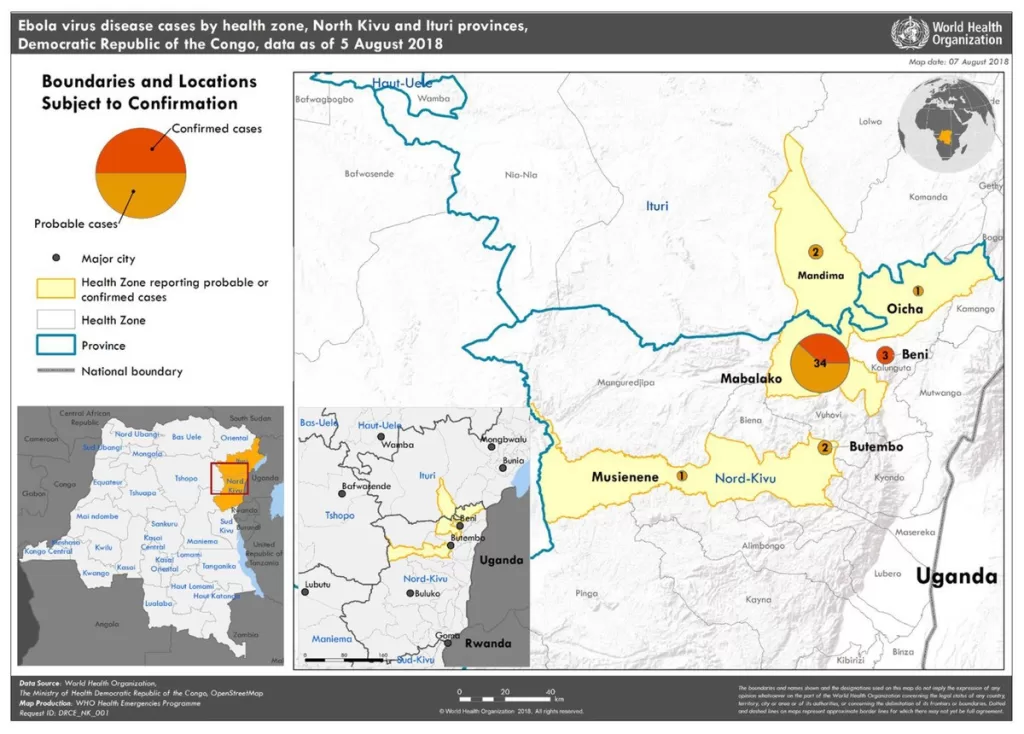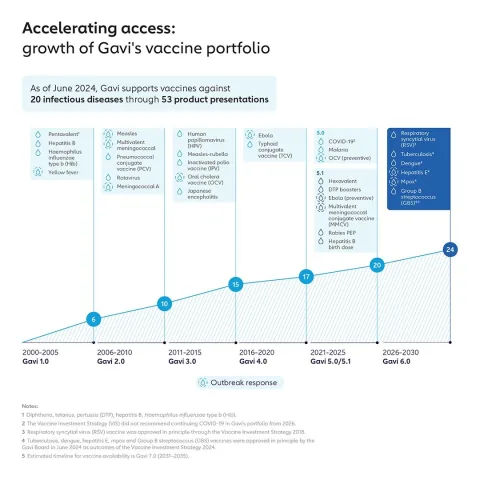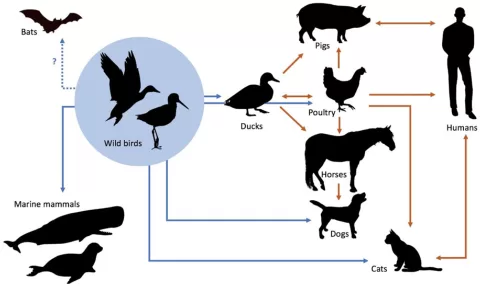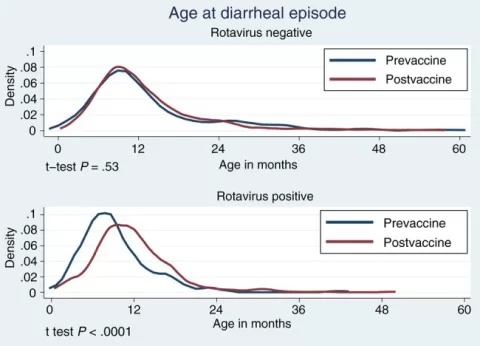The recent outbreak in the Democratic Republic of Congo (DR Congo) has raised alarm as health officials scramble to address a mysterious illness displaying flu-like symptoms. Beginning on October 24 in the Panzi Health Zone, this outbreak has already claimed the lives of 79 individuals, primarily affecting vulnerable populations such as young children. With ongoing investigations into this infectious disease in DRC, the Africa Centre for Disease Control (Africa CDC) is stepping in with a team of experts to help contain the situation and provide clearer insights into this rapidly developing health crisis. Patients are experiencing severe symptoms including fever, coughing, and breathing difficulties, which have left health authorities concerned about the potential spread of the illness. As lab results are expected imminently, DR Congo health news remains on high alert, highlighting the necessity for swift and effective public health responses amid these alarming reports.
In the heart of central Africa, a troubling health situation is unfolding as officials confront a perplexing illness emerging in the Democratic Republic of the Congo. This flu-like symptoms outbreak has taken a deadly toll, especially on young children, leading to increased scrutiny from health experts and organizations such as the Africa CDC. With symptoms reminiscent of severe respiratory infections, the mysterious illness has provoked widespread interest and concern regarding its origins and potential ramifications. As health authorities move to investigate this infectious disease scenario in DRC, the urgency for clear and effective communication has never been greater. The ongoing situation underscores the complex challenges faced in addressing emergent health threats within resource-limited settings.
Understanding the Mystery Illness in the DRC
The Democratic Republic of the Congo (DRC) is currently facing a significant health crisis as authorities investigate an outbreak of a mystery illness. This outbreak, which began on October 24, has predominantly affected residents of the Panzi Health Zone in Kwango province. Initial reports indicate that patients are suffering from flu-like symptoms, including fever, headaches, fatigue, and severe respiratory issues. Such symptoms raise considerable concern, particularly in a region already burdened by multiple endemic diseases.
Health officials, including Dr. Dieudonne Mwamba, are working diligently to understand the nature of this mystery illness. With lab results expected shortly, there is a keen interest in identifying whether this is a new infectious disease or a previously known condition manifesting in a new way. Given the DRC’s history of public health crises, swift action is essential to contain the spread and protect vulnerable populations, especially young children who are disproportionately affected.
Frequently Asked Questions
What are the current updates regarding the DR Congo outbreak of flu-like symptoms?
As of December 2024, lab results for samples from patients with flu-like symptoms in the DR Congo outbreak are expected within 48 hours. The outbreak began on October 24 in the Panzi Health Zone of Kwango province, with 376 reported cases, mostly among children under 5, resulting in 79 fatalities. Emergency operations have been activated to respond to this mystery illness.
What is the nature of the mystery illness outbreak in DR Congo?
The DR Congo outbreak is characterized as a mystery illness causing flu-like symptoms, including fever, coughing, and breathing difficulties. Public health officials suspect the illness may be airborne, but further testing is needed to determine if it is a new disease or an existing one. The outbreak is being closely monitored by the DRC health ministry and the Africa CDC.
How is the Africa CDC responding to the DR Congo outbreak?
The Africa CDC is responding to the DR Congo outbreak by sending a team of experts, including epidemiologists, to assist in infection prevention and control. They are also helping to coordinate the response to the outbreak, which has seen significant impacts within the local population.
Who is most affected by the flu-like symptoms outbreak in DR Congo?
The DR Congo outbreak predominantly affects young children, particularly those under 5 years old, who account for more than half of the reported cases and the majority of deaths. Adults over 25 are also among those affected, but the most impacted group is clearly the younger demographic.
What are the symptoms associated with the mystery illness outbreak in DR Congo?
The symptoms reported in the DR Congo outbreak include typical flu-like symptoms such as fever, headaches, coughing, and respiratory difficulties. Officials are monitoring these symptoms closely to gather more data on the potential infectious disease involved in the outbreak.
Is there a known cause for the DR Congo outbreak of flu-like symptoms?
Currently, the cause of the DR Congo outbreak remains unclear. Health officials have sent samples for testing to determine the nature of the illness, indicating that results are expected soon. Preliminary observations do suggest that the illness could be related to airborne transmission due to respiratory symptoms.
What emergency actions are being taken regarding the DR Congo outbreak?
In response to the outbreak of flu-like symptoms in the DR Congo, the health authorities have activated emergency operations, which include sending patient samples to laboratories for testing and deploying teams from the Africa CDC to assess and control the situation.
How long was the DR Congo outbreak undetected before it was reported?
The DR Congo outbreak of flu-like symptoms was not reported until early December 2024, six weeks after it was first identified on October 24, highlighting challenges in disease detection in remote areas.
What historical context is relevant to the current outbreak in DR Congo?
The current outbreak in DR Congo occurs in a region that experienced a typhoid outbreak two years earlier, raising concerns about potential recurring health challenges in the area and the need for ongoing monitoring and response from health authorities.
What precautions are being recommended to mitigate the DR Congo outbreak risks?
While specific public health recommendations are still being developed as more information becomes available from ongoing tests, general precautions would likely include improving sanitation, monitoring health symptoms, and ensuring access to care for suspected cases.
| Key Point | Details |
|---|---|
| Outbreak Origin | Started on October 24 in the Panzi Health Zone, Kwango province. |
| Illness Symptoms | Flu-like symptoms include fever, headaches, coughing, breathing difficulties, and anemia. |
| Reported Cases | 376 cases reported with 79 fatalities, primarily affecting young children. |
| Key Demographics | Children under 5 years account for over half of cases and deaths. |
| Testing Update | Lab results from patient samples expected within 24-48 hours. |
Summary
The DR Congo outbreak has emerged as a significant health concern, with flu-like symptoms reported in a remote area of the Democratic Republic of the Congo. As authorities await lab results to identify the cause, the situation remains critical. With health teams dispatched to assist, it is essential to monitor developments closely for understanding and mitigating the impact of this outbreak.
The content provided on this blog (e.g., symptom descriptions, health tips, or general advice) is for informational purposes only and is not a substitute for professional medical advice, diagnosis, or treatment. Always seek the guidance of your physician or other qualified healthcare provider with any questions you may have regarding a medical condition. Never disregard professional medical advice or delay seeking it because of something you have read on this website. If you believe you may have a medical emergency, call your doctor or emergency services immediately. Reliance on any information provided by this blog is solely at your own risk.








